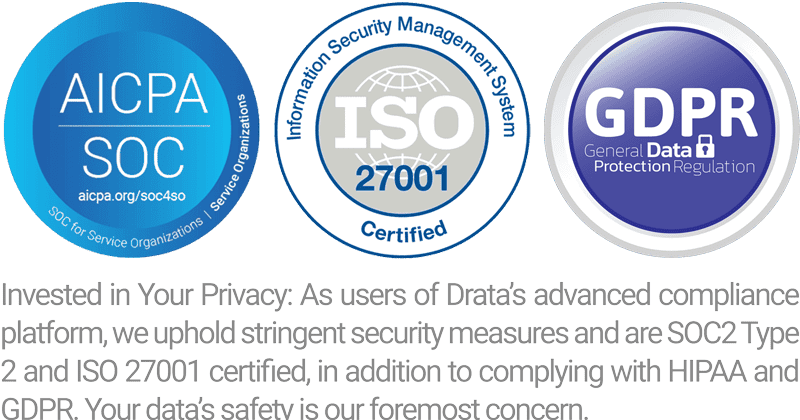B2B Marketers need Marketing Automation and Lead Scoring
 As the global marketplace expands due to the power of the internet, B2B Marketers need to rise to the challenge and start thinking in terms of large-scale strategies. B2B marketers need marketing automation and lead scoring. They need to market to businesses that are searching for resources online. This is important since every company with an online presence who is selling the same product or service is now their competitor, regardless of their physical location.
As the global marketplace expands due to the power of the internet, B2B Marketers need to rise to the challenge and start thinking in terms of large-scale strategies. B2B marketers need marketing automation and lead scoring. They need to market to businesses that are searching for resources online. This is important since every company with an online presence who is selling the same product or service is now their competitor, regardless of their physical location.
Expanding the reach of their B2B marketing campaigns will most likely produce a wide variety of new leads. Each of these leads has their own unique potential and likelihood for conversion. They come from different locations, different industries and different purchasing background. They all approach researching new products and services in their own way and it quickly becomes too overwhelming to manually qualify and prioritize each lead based on their individual potential.
Lead scoring is an automated process designed to assist marketers in qualifying leads by assigning a quantitative value to website visitors based on the person’s demographic and behavioral profile. The value assigned to each lead is determined based on how closely the lead resembles a typical or ideal customer. For example, if a marketer is specifically interested in attracting automotive manufacturers that would need to buy industrial-grade steel for their production line, these parameters would be designed to place a greater value on whether the prospect matches with the criteria describing a typical manufacturing facility that uses industrial-grade steel.
Lead scoring with marketing automation allows marketers to quickly sort through leads and identify changes in behavioral patterns. This helps B2B marketers identify which are sales-ready leads and which will require more nurturing. By using database segmentation features of most marketing automation software, B2B marketers can touch base with leads they are interested in, by assessing their interests and creating content specific to their needs.
Marketing automation also allows B2B marketers to:
- Analyze lead scores in an effort to personalize email campaigns.
- Assess the effectiveness of past campaigns.
- Create automated responses to a lead’s online activity such as registrations, downloads, and/or newsletters.
- Create mailing lists catered to leads with specific scores.
- Identify buying stage of prospects and their likelihood of conversion.
By implementing lead scoring criteria with marketing automation software, companies can:
- Identify the improvement in the number of quality leads that were generated over a period of time. When lead profile criteria is regularly analyzed and evolved, marketers will be able to better define a sales-ready lead and then plan effectively towards closing the business deal.
- Reduce labor expenses associated with manual marketing processes and focus more on the campaign execution process.
- Offer marketers more insight into their leads, so they will spend less time guiding and nurturing leads through the marketing funnel.
- Unite the sales and marketing departments, so they can work together to generate higher quality leads and identify more sales-ready leads.
Lead scoring using marketing automation is a necessity for B2B marketers who want to expand globally while still being able to gain visibility into their lead’s intent. This priceless intelligence can be leveraged to move leads faster through the marketing funnel and improve their chance of becoming a customer. That is why today’s B2B marketers need marketing automation and lead scoring.


